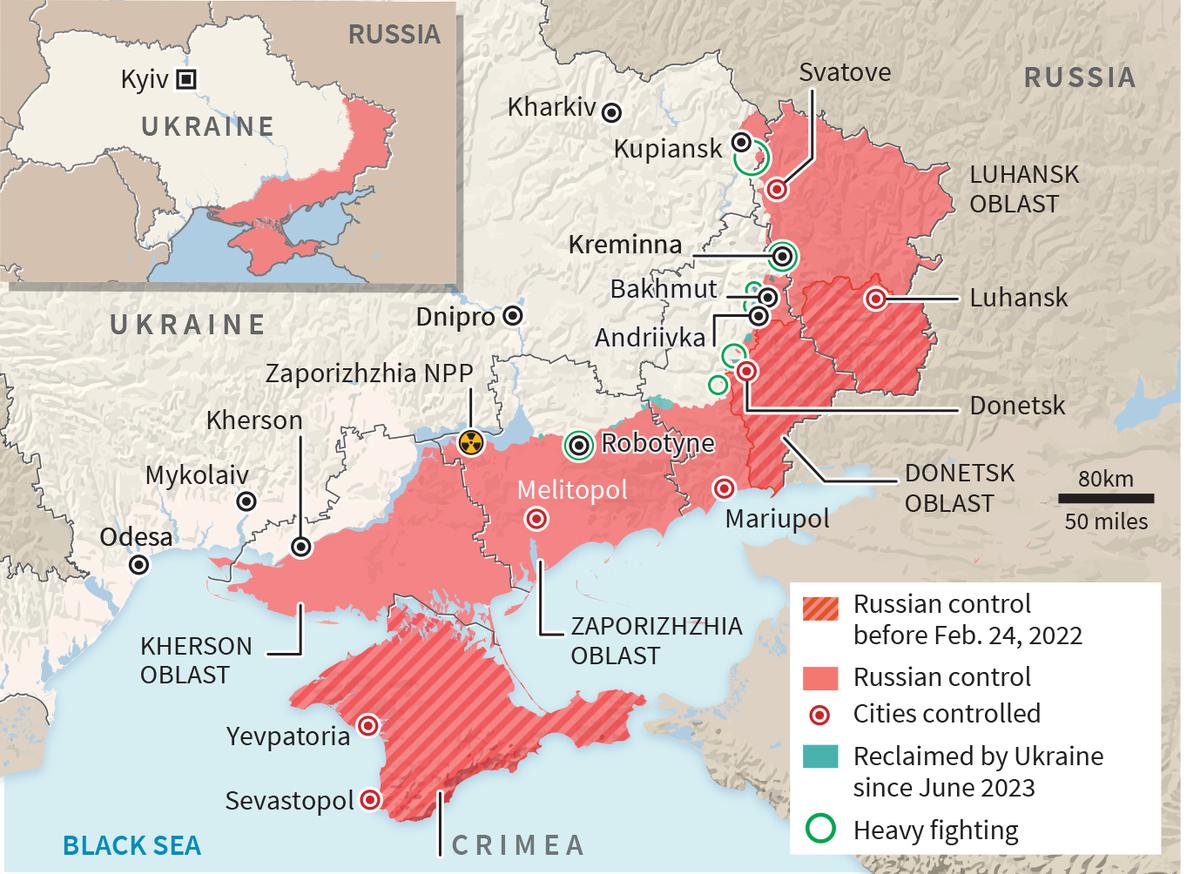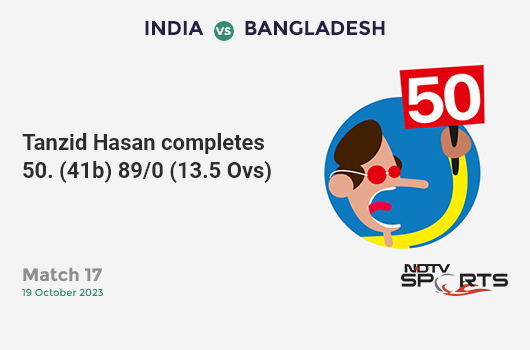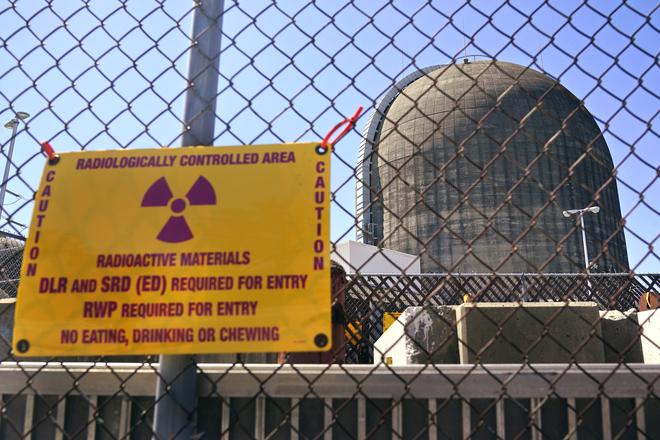In early July this year, to cut down the turnaround time for Zika virus testing when samples were sent to the Pune-based National Institute of Virology (NIV), the Pune Municipal Corporation considered sending the samples to the BJ Medical College in Pune, a State government institution. Though the samples were eventually not sent to BJ Medical College as NIV had ramped up testing, did the government medical college have the test kits necessary for carrying out Zika virus testing? As per reliable sources, BJ Medical College would have had to rely on NIV for the assays needed for Zika virus testing.
Lack of accurate test kits and assays necessary for testing Zika virus is not a problem peculiar to BJ Medical College; it is faced by most national labs and government medical colleges across India. The reason: as of February 16, 2023, the Indian drug regulator (CDSCO) has not approved any test kit for Zika virus testing, as per the drug regulator’s in response to a RTI. That would mean that even NIV is not using a test kit developed in India and approved by the drug regulator for Zika virus testing.
So what test kit does NIV use for testing Zika virus samples? The first Zika virus case detected in November 2016 in a pregnant woman in Ahmedabad and then again in February 2017 were detected by NIV using the CDC Trioplex RT-PCR kit supplied by the Atlanta-based CDC. NIV has been using the CDC Trioplex RT-PCR test kits for Zika virus and relying on CDC for the supply of the kits ever since the first case was reported in India in November 2016, as per reports published in journals by NIV researchers.
For instance, the Trioplex RT-PCR test supplied by CDC was used for confirming Zika outbreak in Rajasthan in 2018, for confirming the first case in Uttar Pradesh in 2021, the first Zika outbreak in Kerala in 2021 in a pregnant woman and retrospectively in 13 samples, and to confirm circulation of Zika virus in several States in 2021. In a few papers published in journals, the authors from NIV have acknowledged and thanked the CDC for supplying the Trioplex RT-PCR kits for Zika testing.
The Trioplex RT-PCR kit for Zika virus testing was developed by CDC and granted emergency use authorisation by the U.S. FDA. The CDC Trioplex RT-PCR test can detect dengue, chikungunya and Zika viruses. These viruses often cross-react making accurate diagnosis a challenge. The CDC Trioplex RT-PCR test was developed to specifically address this challenge.
Besides using the CDC developed kits for testing Zika virus, NIV has been supplying the CDC test kits to States reporting outbreaks. In 2021, NIV supplied 2,100 such test kits to government medical colleges in Kerala. Even as recently as July 2024, AIIMS Rajkot, which has been recognised as a facility for the screening of Zika virus, had to rely on NIV for the CDC Trioplex RT-PCR test kits to begin testing.
Unlike the U.S. FDA that approves diagnostic tests based on synthetic genomic fragments like in the case of the COVID-19 tests and the CDC Trioplex RT-PCR assay, the India drug regulator insists on validation using clinical samples. The insistence on clinical samples has greatly hampered the development of diagnostic tests especially since all novel or dangerous virus samples have to necessarily be shipped to NIV for testing thus depriving other labs from accessing clinical samples. This was the case in the early months of the pandemic too. In the absence of wide availability of Zika tests, timely detection and control of outbreaks become a problem.
“Conventional RT-PCR can very well detect Zika virus and can be used [for testing]. The real-time RT-PCR, when available, is preferred as it is faster and more sensitive. Also, very less chances of PCR contamination and false negatives, says Dr. Sreekumar, Director of the Institute of Advanced Virology, Thiruvananthapuram.
Unlike NIV, the Institute of Advanced Virology (IAV) in Thiruvananthapuram has through concerted efforts developed an in-house assay for Zika virus testing and validated the assay using multiple methods. The Institute of Advanced Virology got access to 18 Zika samples during a smaller Zika outbreak in the coastal area of Thiruvananthapuram in January 2022. Also, while investigating a dengue outbreak in Kollam district, the institute detected PCR positive and IgM positive cases of Zika. “We made use of the sequence data used in CDC’s Trioplex RT-PCR assay and made publicly available by CDC to develop the assay in-house. We validated it using Zika positive samples from the 2022 outbreak and also using commercially available test kits,” says Dr. Sreekumar, Director of IAV. Additional validation was made through sequencing the genome of the Zika positive samples. Though the validation was completed in a year, the institute continued validating their results with commercial test kits until about six months back.
Since the test has been developed in-house it costs less. “Since the tests cost less, they can be used for surveillance, both in people and mosquitoes, in addition to testing patient samples,” says Dr. Vinod Scaria, a senior consultant at Vishwanath Cancer Care Foundation. Though not for surveillance, the Institute of Advanced Virology already utilises the ability of the in-house developed assay to accurately detect dengue, chikungunya and Zika through a syndromic approach, says Dr. Sreekumar. In a syndromic approach, all samples from patients with symptoms seen in dengue, chikungunya and Zika infection are routinely tested using the in-house assay.
When new mutations that arise in viruses happen to be in the primer binding sites, the efficacy of the tests can get compromised. This was seen in the case of the Omicron sublineage BA.2, which does not have the S gene dropout unlike the BA.1 and thus escaped identification when RT-PCR was done. Similarly, a mutation in the primer binding site of the mpox clade 1b has led to a drop in the sensitivity of RT-PCR tests. “This is the reason why genome sequences should be made publicly available very soon after each outbreak so that suitable assays can be developed quickly,” says Dr. Scaria.











